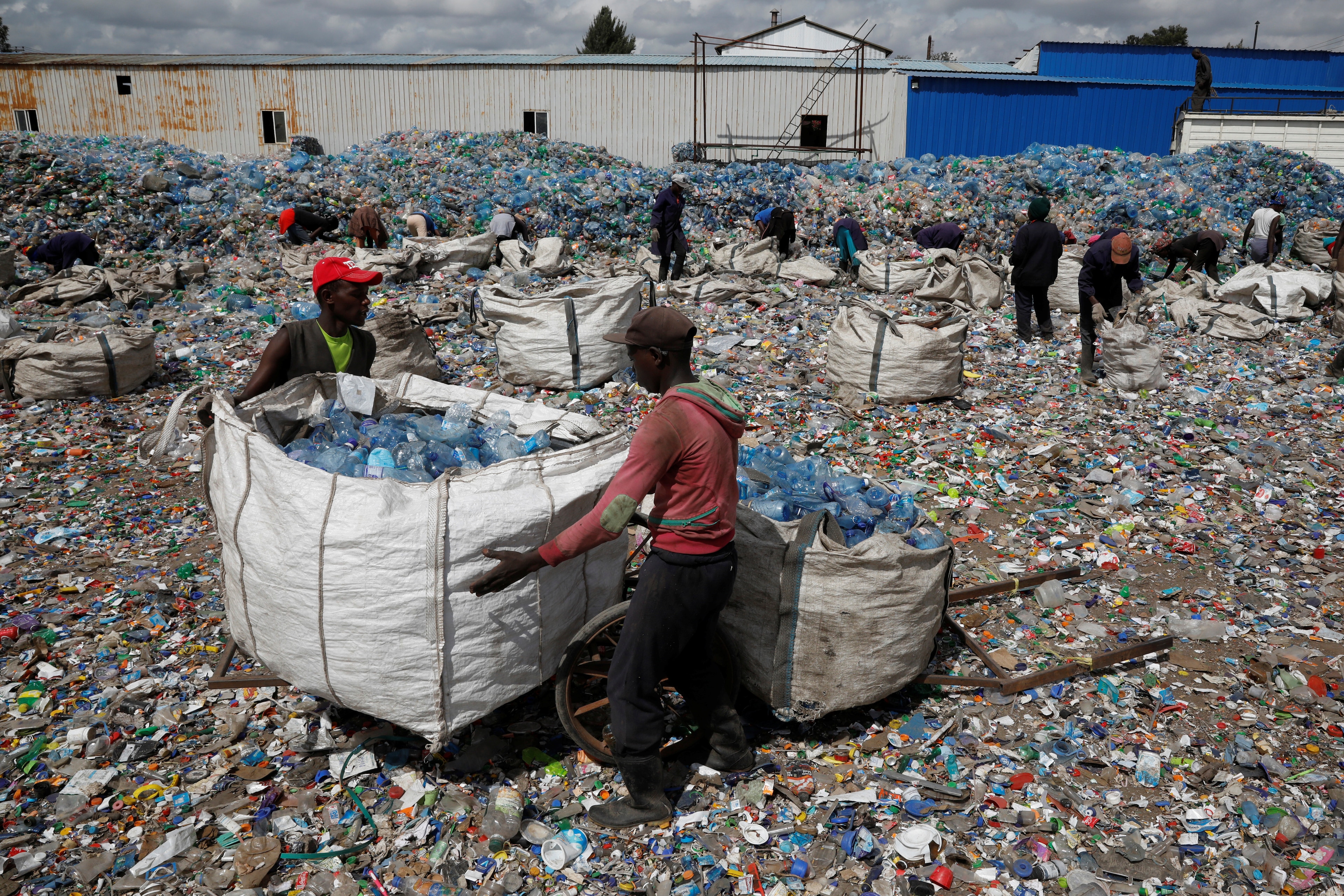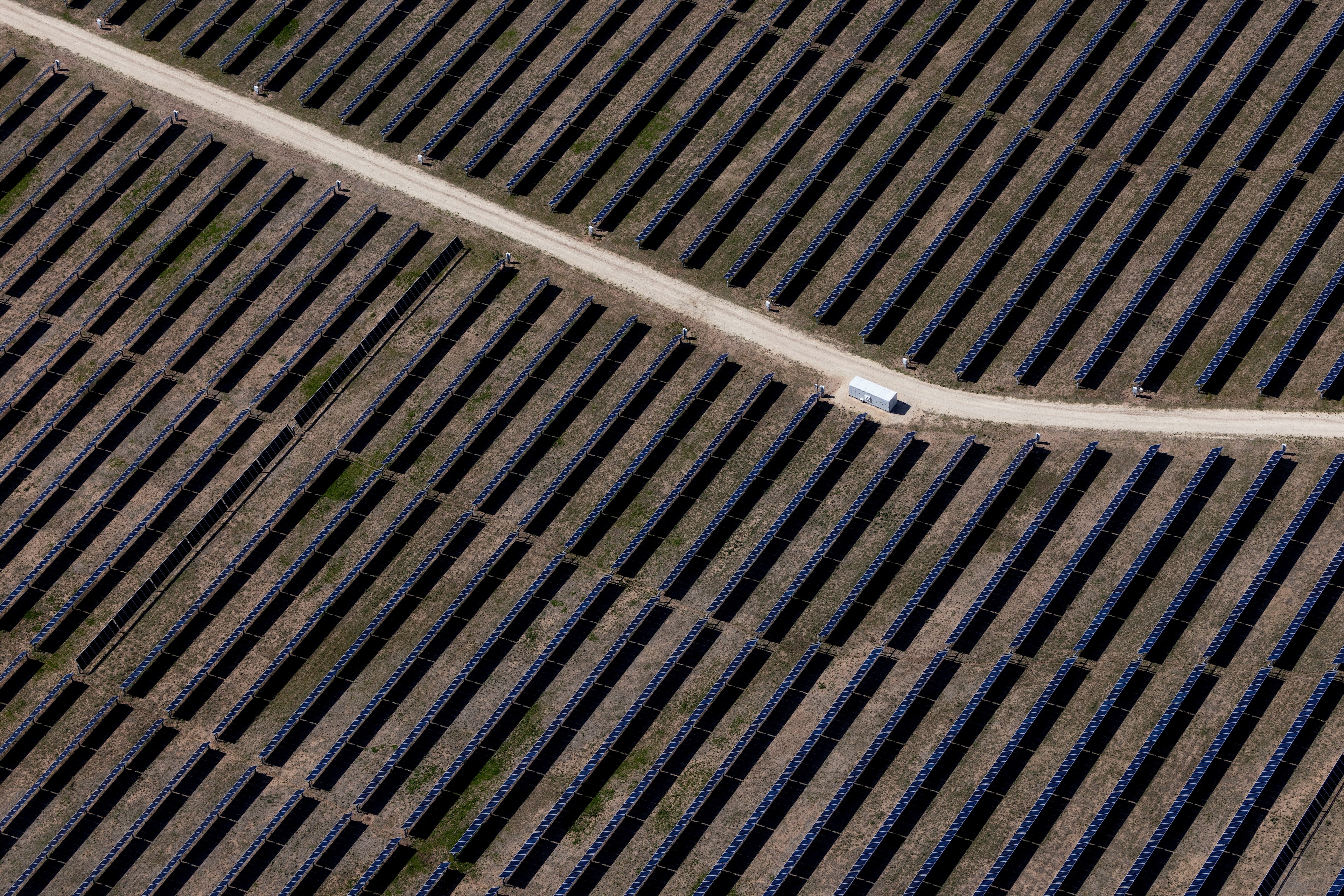Forest conservation is key to safeguarding Japan’s underground water. Here's why

Forest degradation has impacted groundwater levels in Japan.
Image: Unsplash/David Edelstein
- Despite Japan’s stable water supply, historical industrial extraction and recent threats such as forest degradation and climate change have impacted groundwater levels.
- Healthy forests are crucial for groundwater replenishment. They maintain soil quality, facilitate rainwater absorption and prevent flooding and landslides.
- Effective groundwater conservation in Japan relies on robust partnerships between public entities, private companies and local communities, with existing projects demonstrating success.
Groundwater is essential for drinking and irrigation. A new study warns, however, that it is being rapidly depleted in many parts of the world.
The study, which analyzed groundwater levels from 170,000 wells across 40 countries, found that 71% of the 1,693 aquifers examined experienced declining water levels at an accelerating pace between 2000 and 2022. The United Nations Food and Agriculture Organization predicts that by 2025, 1.8 billion people could face “absolute water scarcity.”
Japan is one of the few countries in the world with a stable supply of both high-quality and sufficient water. However, during its post-World War II economic boom, industrial groundwater extraction surged, leading to issues including land subsidence and salinization. In more recent years, climate change and the degradation of forest resources have also been reported to impact groundwater levels.
Conserving groundwater is not only crucial for local livelihoods and industrial development but also requires long-term, large-scale efforts. It calls for cooperation between the public and private sectors, as well as local communities, to ensure sustainable water management.
Regulations on groundwater extraction
After World War II, Japan experienced rapid economic growth, which led to a significant increase in groundwater extraction by industry, causing land subsidence and salinization.
The government responded by passing the Industrial Water Law in 1956, which required companies to obtain prefectural permits before installing wells for groundwater extraction.
Similarly, the Law on Regulation of Groundwater Extraction for Building Use was introduced in 1962. These laws strengthened restrictions on water withdrawal and enhanced monitoring, promoting sustainable economic development while ensuring the safety of local communities through groundwater conservation.
From limiting groundwater use to protecting forests
While laws have restricted excessive groundwater use, recent years have seen growing concerns about the impact of forest degradation on groundwater sources, in addition to climate change.
At first glance, degraded forests may seem unrelated to groundwater conservation but healthy forests are vital for maintaining soils that properly soak rainwater. These healthy soils are key in replenishing groundwater, preventing floods and landslides and filtering clean water.
According to the Ministry of Land, Infrastructure, Transport and Tourism, forests cover 66% of Japan’s land, which has remained stable for over half a century. However, many forests, including planted ones that were once well-maintained, have been neglected. In addition, human activity in previously inaccessible areas has contributed to their degradation.
These emerging threats to groundwater have now invoked efforts involving public, private and local initiatives are underway across Japan.
Public-private cooperation to preserve healthy water
Suntory Holdings, a leading beverage manufacturer, spearheads this collaborative movement with Suntory Natural Water Sanctuary Initiative. Since 2003, recognizing groundwater as vital to its business, Suntory has worked with local communities and experts to conserve and restore forests and biodiversity around its factories.
These areas are designated as “natural water forests,” where experts conduct thorough surveys and companies sign contracts that last up to 100 years to ensure long-term success. Customized conservation and restoration plans are developed for each forest and implemented in partnership with local governments and communities.
In addition, the company established an in-house Institute for Water Science and runs educational programmes for employees and residents.
Expanding the model
In August 2024, these forests span 12,000 hectares across 26 locations in 16 prefectures, conserving and regenerating forests that support twice the amount of groundwater that the company uses.
The public-private and community-driven forest conservation model has inspired other companies and regions to start their own initiatives. In August 2024, Coca-Cola Japan signed a partnership agreement with Omaezaki and Kakegawa cities in Shizuoka Prefecture to begin a three-year water resource conservation project starting in spring 2025.
Local government efforts are also growing. For example, Tokyo’s Bureau of Waterworks manages 25,000 hectares of forest to protect the city’s water sources. The Bureau also acquires and manages private forests that owners wish to relinquish.
Cooperation with the private sector is also being promoted. Companies that wish to partake in the conservation effort can do so through the naming rights programme, which allows members to work in select areas for three years.
Companies can also support the effort through their annual corporate sponsorship programme. In April 2023, 12 companies participated in the naming rights programme and 14 companies were annual sponsors.
Enabling water conservation and carbon reduction
The World Economic Forum recognizes access to sufficient water as one of the most urgent global challenges in the face of climate change. Through its open innovation platform, UpLink and in collaboration with the European Water Tech Accelerator, the Forum is working to drive investment in water innovation.
Managing healthy forests preserves groundwater, helps prevent floods and properly filters rainwater. It also offers multiple other benefits, including restoring biodiversity and absorbing carbon dioxide.
These comprehensive programmes are becoming increasingly important and public-private collaboration with local communities will be key to securing water supplies.
Don't miss any update on this topic
Create a free account and access your personalized content collection with our latest publications and analyses.
License and Republishing
World Economic Forum articles may be republished in accordance with the Creative Commons Attribution-NonCommercial-NoDerivatives 4.0 International Public License, and in accordance with our Terms of Use.
The views expressed in this article are those of the author alone and not the World Economic Forum.
Related topics:
Forum Stories newsletter
Bringing you weekly curated insights and analysis on the global issues that matter.
More on Nature and BiodiversitySee all
Tom Crowfoot
July 30, 2025
Oliver Kade and Sarah Hadley
July 28, 2025
Nasim Pour, Sebastien Cross and Joel Gould
July 28, 2025
Elena Raevskikh and Giovanna Di Mauro
July 23, 2025
Arunabha Ghosh and Jane Nelson
July 22, 2025






